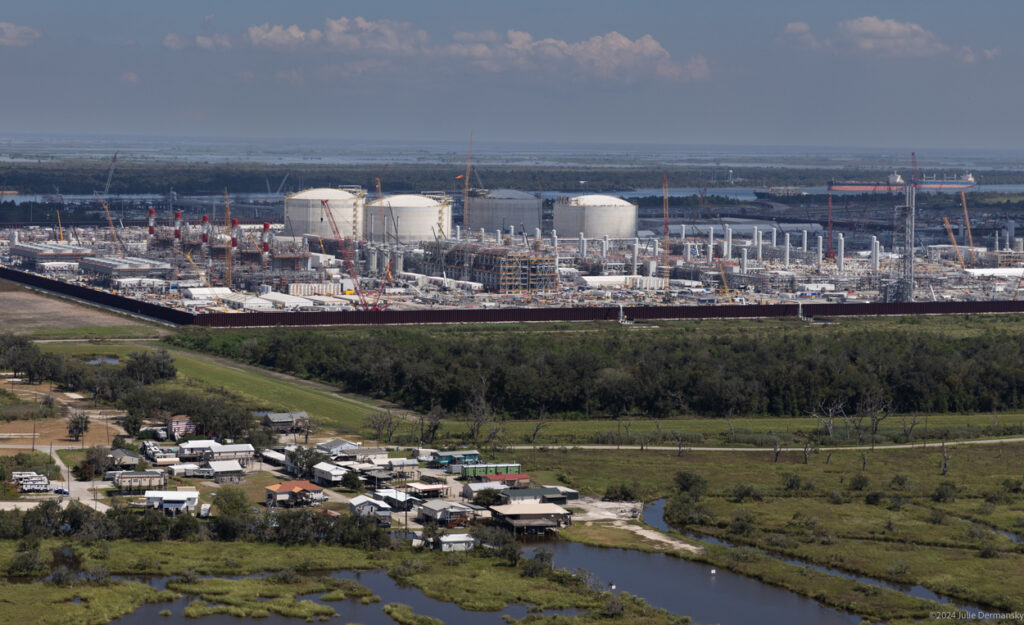Gotta love this attack by Australian climate change denier Bob Carter on Al Gore and his movie, An Inconvenient Truth, which, by Carter’s account, is the biggest thing in Australia since Lord of the Rings.
You get a sense of Carter’s direction in this fabulously overweaning second paragraph:
The Australian media – with Four Corners, the Andrew Denton Show and Phillip Adams in the vanguard – have fallen compliantly into Mr Gore’s sticky fly-trap, producing breathless hagiographies of a man and film whose message is rooted in junk science.
Carter then goes on to flatter Gore’s filmmaking and savage his science, accusing Gore of “intellectual dishonesty,” and worse.
But who’s being dishonest, really? Carter says, “all of the phenomena that he (Gore) describes fall within the natural range of environmental change on our planet.”
Well, that’s a flat-out fiction. As the Union of Concerned Scientists says in this comment on natural variability:
“When scientists attempt to reproduce these twentieth century trends in their climate models, they are only able to do so when including human-produced heat-trapping emissions in addition to natural causes.”
Carter says, “it is noteworthy that global temperature has not risen since 1998,” as if that should allow us to all feel relieved, when 2005 was tied with 1998 as the hottest year on record and when 19 of the hottest 20 years in recorded history have occurred since 1983.
Finally, Carter reassures once more with this quote:
Professor Hubert Lamb, doyen of 20th century climatologists, remarked in his classic book, Climate History and the Modern World that: “The possibility of global warming, even drastic warming with dislocation of other elements of the climate pattern as a consequence, has to be balanced against the possibility of cooling, even drastic cooling, as the natural climate develops over the same period. Neither side of the balance is yet adequately known and understood.”
That may well have been true when Lamb said it in 1982. But Carter is doing us no favours to offer it as an expert account of the current state of science.
Carter concludes his column by answering a rhetorical question of whether you should see An Inconvenient Truth:
“Well, yes, if you like majestic photography of dynamic earth phenomena and understand that the changes depicted will always be with us. And no, if you dislike sanctimonious propaganda.”
I implied in the headline on this post that Carter is an expert in sanctimonious propaganda. But looking at the Oxford definition of sanctify (“purify or free from sin”), I think I misspoke myself. Carter’s work is wrought with emotional judgment, but the burden of sin – the express violation of the ninth commandment (the one about bearing false witness against one’s neighbours) – lets him off the hook.
Propaganda? Absolutely. Snippy propaganda? That too. But sanctimonious propaganda? Not even close.
Subscribe to our newsletter
Stay up to date with DeSmog news and alerts






